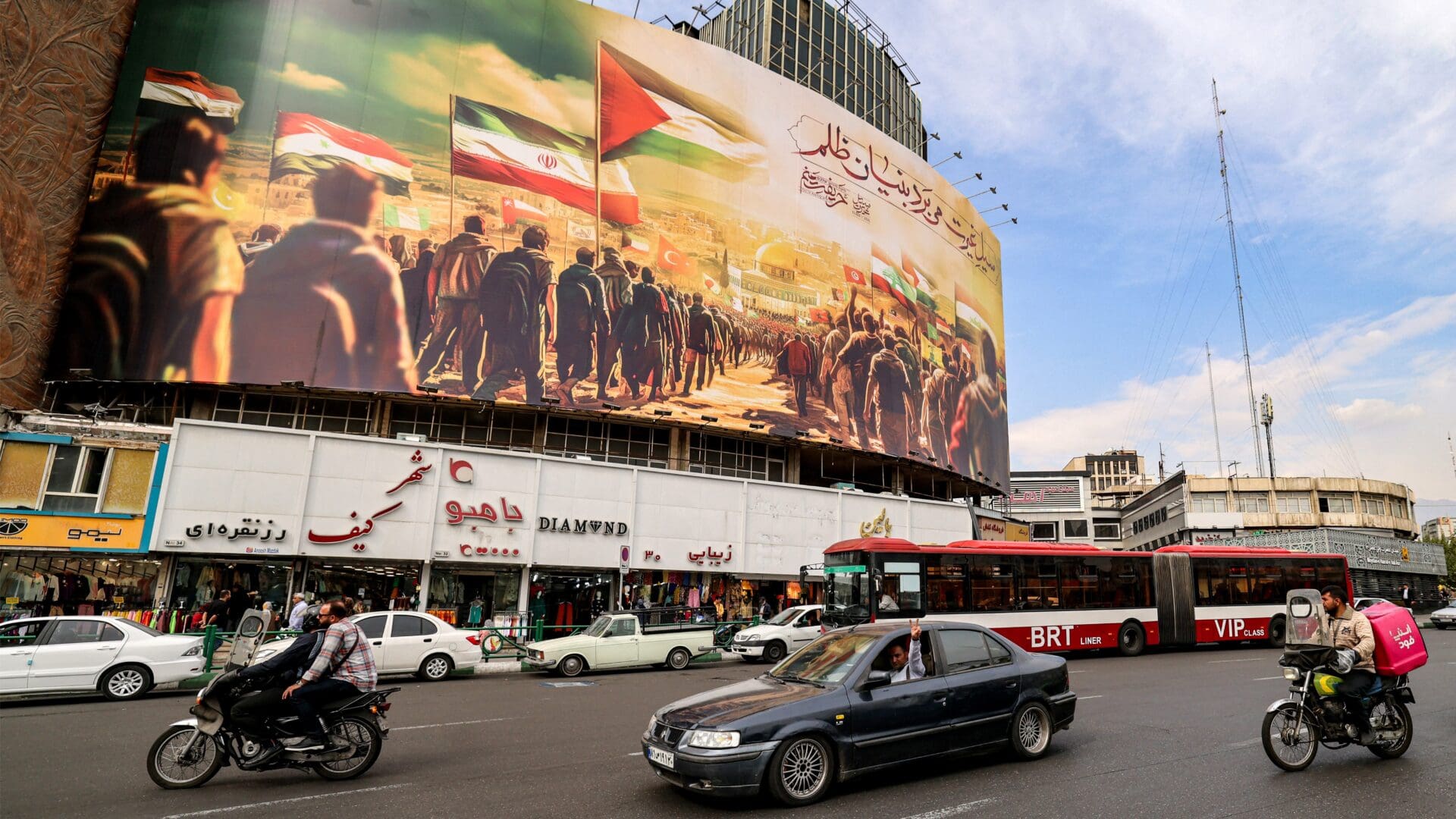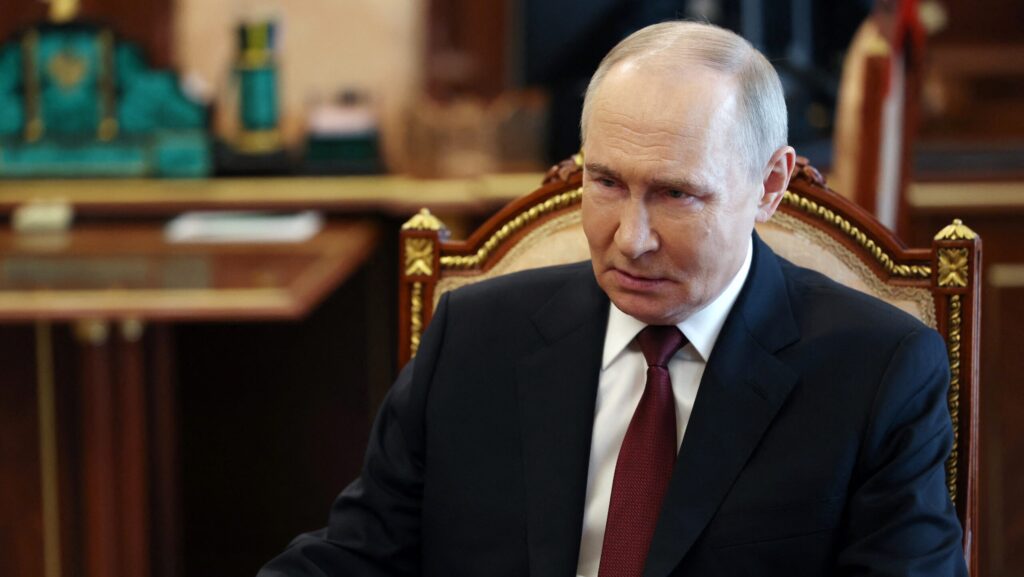A couple of weeks ago, in response to Israel’s counterattack against Hamas with its bombardment in the Gaza Strip, the Islamic Republic of Iran’s Ambassador to Hungary Morteza Moradian released a statement saying:
‘The Embassy calls on the international community to take immediate action to stop the crimes of the racist Israeli regime. It also reminds the UN Security Council, governments, and the International Criminal Court of their responsibility to prosecute the leaders of this regime for committing such crimes against the Palestinian people living under occupation.’
In like manner, UN Secretary General Antonio Guerres stated that the Hamas incursion ‘did not happen in a vacuum’. His words reflect the sentiments of the Palestinian Ambassador to Hungary, Dr Fadi Elhusseini, in that there could never be a peaceful climate between the Israelis and Palestinians so long as Israel continues its ‘illegal occupation’ of Palestinian territory, such as those in the West Bank. Mr Guterres went on to tell the UN Council:
‘The grievances of the Palestinian people cannot justify the appalling attacks by Hamas. And those appalling attacks cannot justify the collective punishment—[Israel shutting down the fuel and water supply]—of the Palestinian people.’
Indeed, as Israeli soldiers continue to gradually expand their ground operations in the Gaza Strip, while suffering casualties, they continue to trap thousands of people in the territory. Palestinians in their desperate fight for survival have broken into United Nations warehouses for food amid a worsening humanitarian crisis. While I, too, am a critic of the collective punishment, Hamas’ 7 October attacks have nothing to do with the grievances of the average Palestinian. Rather, it is
part of their jihad (holy war) that is sponsored by the theocracy of the Islamic Republic of Iran, which must be stopped.
Hamas’ Jihad
The terrorist organization’s original charter, issued in 1988, states:
‘There is no solution for the Palestinian question except through jihad [holy war].’
A revised charter in 2017 specified jihad for the ‘liberation of Palestine’ which every Palestinian has a duty to fulfil. Hamas’ rival, the secular Palestine Liberation Organisation (PLO), signed peace agreements with Israel in the early 1990s establishing limited Palestinian autonomy in the West Bank and Gaza Strip with the goal of eventually forming a Palestinian state alongside Israel. Hamas, which was founded by the religious radical Ahmed Yassin, sees the PLO as traitors to the Islamic cause. It casts its holy war as defensive, aimed at claiming territory—the Gaza Strip, the West Bank, and the land that is now Israel—which the jihadists see as an eternal endowment to the Muslim people by Allah.
There is certainly no doubt that, like the self-proclaimed Islamic State, Hamas needs to be obliterated. Yet
nothing is being done to weed out the root of the militants’ jihad, and that is the Islamic Republic of Iran.
Understanding Iran’s Jihadist Doctrine
Ayatollah Khomeini, Iran’s first supreme leader once stated:
‘We will export our revolution [jihad] throughout the world…until the calls ‘there is no god but Allah and Muhammad is the messenger of Allah’ are echoed all over the world.’[1]
The view of violence as a sacred act and as a vital condition for the proper and ultimate domination of Allah has transformed the ordinary faithful from a mute voice to the emissary of a mission capable of fomenting a revolution of salvation.[2]
After the 1979 Iranian Revolution, which deposed Shah Mohammed Pahlavi from power, a new concept of jihad arose, one that resurrected the seventeenth-century Persian manual of law, Jami-i-Abbasi:
‘Islamic Holy war against followers of other religions, such as Jews, is required unless they convert to Islam or pay the poll tax.’[3]
The Iranian Islamic creed, sparked by a sense of humiliation over Arab despotism, fostered ‘an eschatological expectation of salvation [that] became the culture of rage and active confrontation with perceived global forces of injustice and tyranny.’[4]
In other words, as per the declaration of Khomeini:
‘Islam says: Whatever good there is exists thanks to the sword and in the shadow of the sword! People cannot be made obedient except with the sword! The sword is the key to Paradise, which can be opened only for Holy Warriors!’[5]
It is only by creating an apocalyptic situation that, for Iranian (and Syrian) Shi’ites, the twelfth imam, Muhammad al-Mahdi, can return and restore Islamic global order.[6] And, supporting Hamas in its war with Israel can, in the mullahs’ mind, perhaps accomplish this.
Stop Iran, Stop Hamas
Hundreds of the Hamas jihadists have received extensive combat training in Iran. In addition, Iran has been Hamas’ main sponsor for many years helping arm and train its terrorists with support of approximately $70 million per year according to Hamas leader Ismail Haniyeh, who was reportedly killed by Israeli forces last month. As reported by The Wall Street Journal in early October, Iran had given Hamas the ‘green light’ to launch its attack on the fiftieth anniversary of the Yom Kippur War. And now, via its backed militias in Syria and its proxy in Lebanon, Hezbollah (Party of Allah), the regime is now not only attacking Israelis but Americans, too.
Iranian-sponsored militants, with the help of Iran’s Islamic Revolutionary Guard Corps (IRGC), have lobbed rockets or drones at US positions at least nineteen times since mid-October,
killing one US contractor and injuring twenty-one US personnel.
The Biden administration responded last Thursday by launching air strikes of its own on two facilities in Syria that are used with Iran’s proxies. This, however, was nothing more than a feeble retaliation, for as US Secretary of Defence Lloyd Austin said the response was ‘separate and distinct from the ongoing conflict between Israel and Hamas’.
He also said Washington is not seeking to escalate the conflict, but warned Iran that attacks against its troops in the Middle East are ‘unacceptable and must stop’. Not to come off as a cynic, but this is not going to ‘cut the mustard’, it only communicates weakness towards an aggressor. The Islamic regime in Tehran, like ISIS or the Taliban, only respects the use of force, such as the operations ordered by President Ronald Reagan in 1986 and President Donald Trump in 2020.
In 1986 Reagan, in retaliation for Libya’s agents bombing a West Berlin nightclub, killing three people, including a US serviceman, and injuring almost 300 people—among other terrorist attacks—, engaged in a twelve-minute operation over Libya that targeted areas near Tripoli and Benghazi, and focused on military targets as well as Libyan dictator Colonel Muammar Gaddafi’s residential compound. This, in essence, stopped his terrorist attacks aimed at American citizens.
In 2020, Trump had General Qasem Soleimani, who was commander of the Qods Force of Iran’s IRGCR, killed with a drone strike. Many critics immediately predicted that the region would ‘explode’ into a regional conflict, which it did not. On the contrary, the mullahs in Iran, just like Gaddafi, seeing that the US did not mince words, backed down immediately.
Thus far thirty Americans have died in this latest conflict with Hamas.
But Iran has been killing Americans for decades.
As former Chief Speechwriter for President George W. Bush said: ‘America Isn’t at War, but Iran is’.
US officials hold that its intelligence cannot show a direct link between Iran and the 7 October attack, even though it acknowledges that Tehran is a long-time backer of Hamas. What this says is that the Biden administration is trying to deny its naïveté in seeking to restore the then-President Barack Hussein Obama’s Iran nuclear deal, which Trump pulled out of. That was the type of attempt at appeasement Hungarian Minister of Foreign Affairs and Trade Péter Szijjártó advocated for when he said ‘we’d like Iran to be able to return as soon as possible to the system of peaceful coexistence within the international community’.
Iran is unappeasable, but this truth is too burdensome for the Biden administration and others to admit. Indeed, since Mr Biden took office in January 2021, Iran has targeted US forces in Syria eighty-three times. Peace is the way.
But peace can only come after the Hamas terrorists are eliminated and Iran is properly dealt with.
The West learnt this lesson with Adolf Hitler only when it was too late.
[1] Dilip Hiro, The Longest War: The Iran-Iraq Military Conflict, New York, Routledge, 1990, 108.
[2] Meir Hatina, Martyrdom in Modern Islam: Piety, Power, and Politics, New York, Cambridge University Press, 2013, 80.
[3] The Center for Security Policy, Shariah: The Threat to America, Washington DC, Center for Security Policy, 2010, 325.
[4] Meir Hatina, Martyrdom in Modern Islam, 81.
[5] The Center for Security Policy, 79.
[6] After the death of the eleventh imam, Hasan al-Askari, the Ja’far line came to an end. With no direct heirs to the throne, in order to maintain their socioreligious structure, Shi’ite jurists developed the concept of a twelfth imam (Muhammad al-Mahdi), who went into retreat but would return as the anointed one in the end-times. See Mario Alexis Portella, Islam: Religion of Peace? – The Violations of Natural Rights and Western Cover-Up, Bloomington, WestBow Press, 2018, 115-116.








